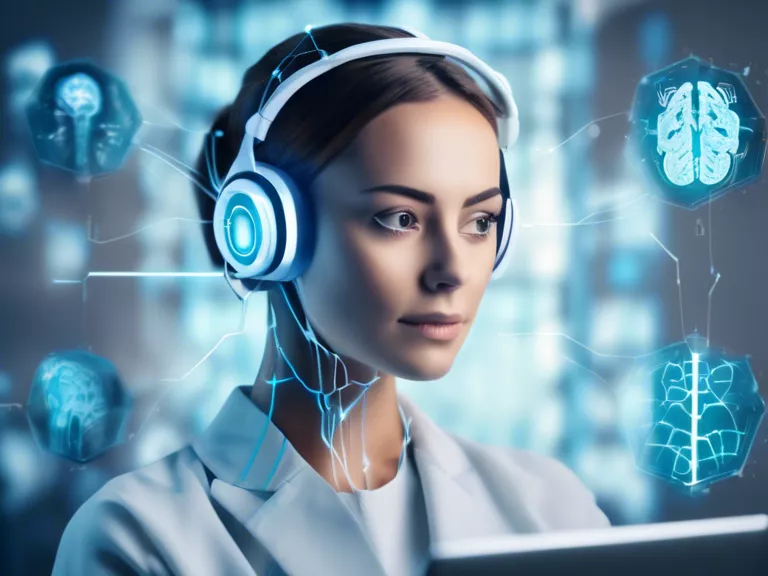
In recent years, artificial intelligence (AI) has been making significant strides in revolutionizing the way mental health support is provided through digital therapy. AI-powered applications and tools are increasingly being used to enhance the efficiency, effectiveness, and accessibility of mental health services. From personalizing treatment plans to providing real-time support, AI is transforming the landscape of digital therapy for mental health.
One of the key ways in which AI is enhancing digital therapy is through personalized treatment plans. By analyzing a vast amount of data, AI algorithms can tailor therapy sessions to the specific needs and preferences of individual users. This personalized approach not only increases the likelihood of success but also helps in improving user engagement and satisfaction.
AI is also being used to provide real-time support to individuals in need of immediate assistance. Chatbots powered by AI can engage in conversations with users, offering support, guidance, and resources whenever they are needed. These chatbots can also monitor user responses and provide feedback to mental health professionals, enabling them to intervene when necessary.
Furthermore, AI is enabling mental health professionals to make more informed decisions by analyzing data from various sources. By identifying patterns and trends in user behavior, AI can help in predicting potential issues before they escalate. This proactive approach can lead to early intervention and better outcomes for individuals struggling with mental health issues.
Another area where AI is enhancing digital therapy is in expanding access to mental health support. Through mobile applications and online platforms, individuals can access therapy sessions and resources anytime, anywhere. This level of accessibility is particularly beneficial for those who may face barriers to traditional therapy, such as distance, cost, or stigma.
In conclusion, AI is playing a crucial role in enhancing digital therapy for mental health support. By personalizing treatment plans, providing real-time support, enabling data-driven decisions, and expanding access to services, AI is transforming the way mental health support is delivered. As technology continues to advance, the potential for AI to improve mental health outcomes is immense.



